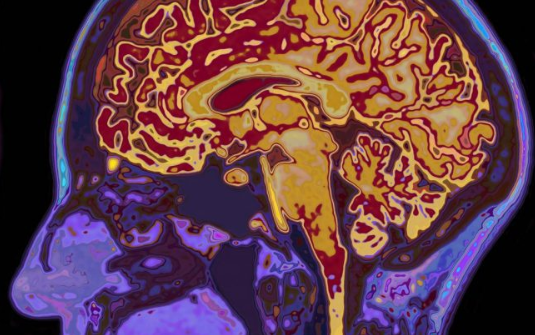How Does MJ Protect Your Brain?
The brain is almost always at risk of injury. From traumatic brain injuries—which are especially common in winter—to strokes, often triggered by chronic stress, these threats can seriously impact your quality of life. It’s important to consider not only the immediate harm from such incidents but also the long-term consequences: all these factors significantly increase the risk of developing age-related dementia. While it’s impossible to avoid these dangers entirely, there are ways to reduce their negative impact on the brain. One such way is through MJ. To understand how MJ can protect your brain, it’s important to know what actually happens during brain injuries.
What Happens During Brain Injuries?
Contrary to popular belief, the main danger isn’t the injury itself, but the recovery process that starts within minutes after the trauma. Modern treatments that reduce these harmful effects work well, but they often start too late. Ideally, the brain should be prepared for recovery even before an injury occurs, and the main active components of MJ (THC and CBD) can help with this. Recent studies show that they significantly reduce the impact of the following dangerous factors:
- Sudden increase in neurotransmitter release. Brain trauma triggers an uncontrolled release of glutamate, one of the most important neurotransmitters. While necessary for normal brain function, excessive amounts can actually kill neurons.
- Increase in free radicals. Free radicals are active oxidizers that can seriously damage cells. Normally, the body neutralizes them without consequences, but after an injury, their levels can rise far above safe limits, harming healthy brain cells.
- Inflammatory processes. Inflammation is a typical response to any injury. In the brain, it disrupts connections between cells, similar to what happens in Alzheimer’s disease or age-related dementia.
How Does MJ Reduce These Risks?
MJ’s protective function is provided by the endocannabinoid system, which regulates glutamate production and has anti-inflammatory and antioxidant effects. By activating cannabinoid receptors CB1 and CB2 with THC and CBD, it’s possible to significantly improve survival rates after any type of brain injury.
This is supported by medical statistics: mortality among patients with traumatic brain injuries was six times lower if THC was present in their blood. Additionally, studies on mice simulating strokes showed a noticeable reduction in brain damage symptoms when THC or CBD was administered preventively. Notably, CBD showed no tolerance with repeated treatments, less dependence on dosage, and sufficient effectiveness even when given after the injury, making it a more promising option. However, excessive THC doses could actually worsen inflammation in affected areas.
Additional Positive Effects of MJ on the Brain
MJ increases resistance to chronic stress and brain aging by accelerating the growth of new cells in the hippocampus through CB1 receptor activation. These new cells are crucial for maintaining learning ability and good memory in adulthood, as well as reducing anxiety and depression. This mechanism partly explains experimental results in mice, which showed positive effects of small CBD doses on the cognitive abilities of older animals.
Of course, large-scale studies on MJ’s effects in brain injuries—capable of providing precise answers about dosage and safe use—are still ahead. However, the potential for using MJ in treating traumatic brain injuries and vascular brain damage is already clear.



